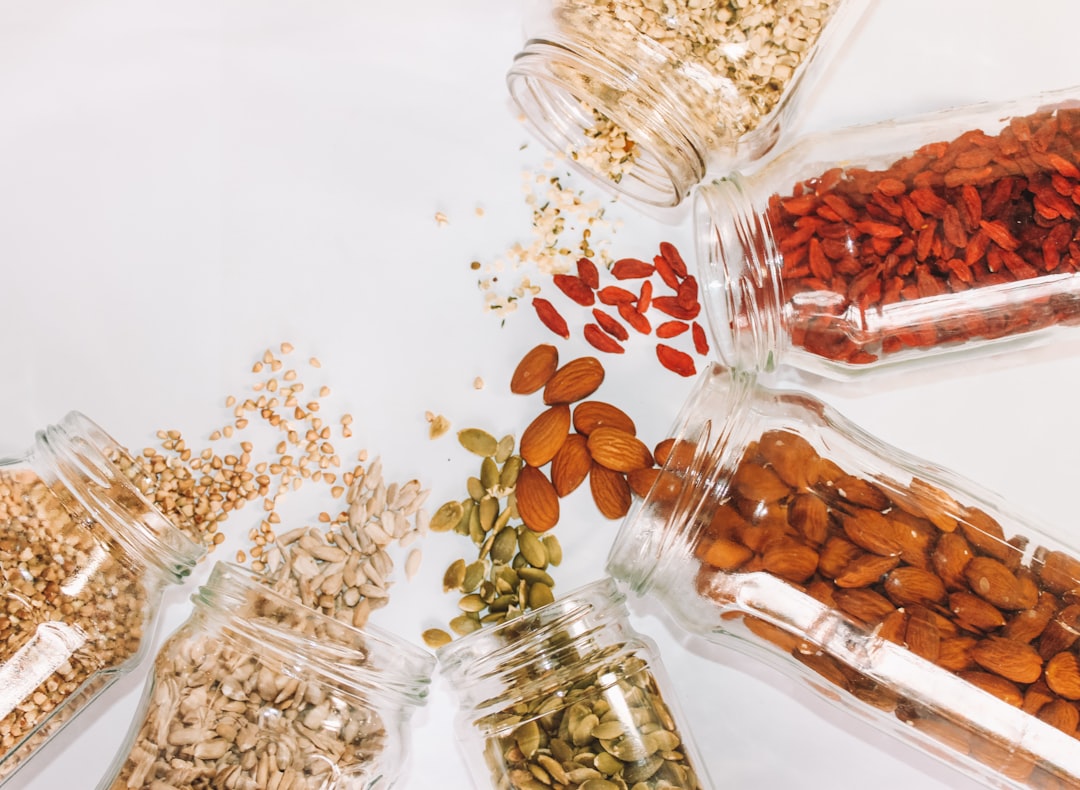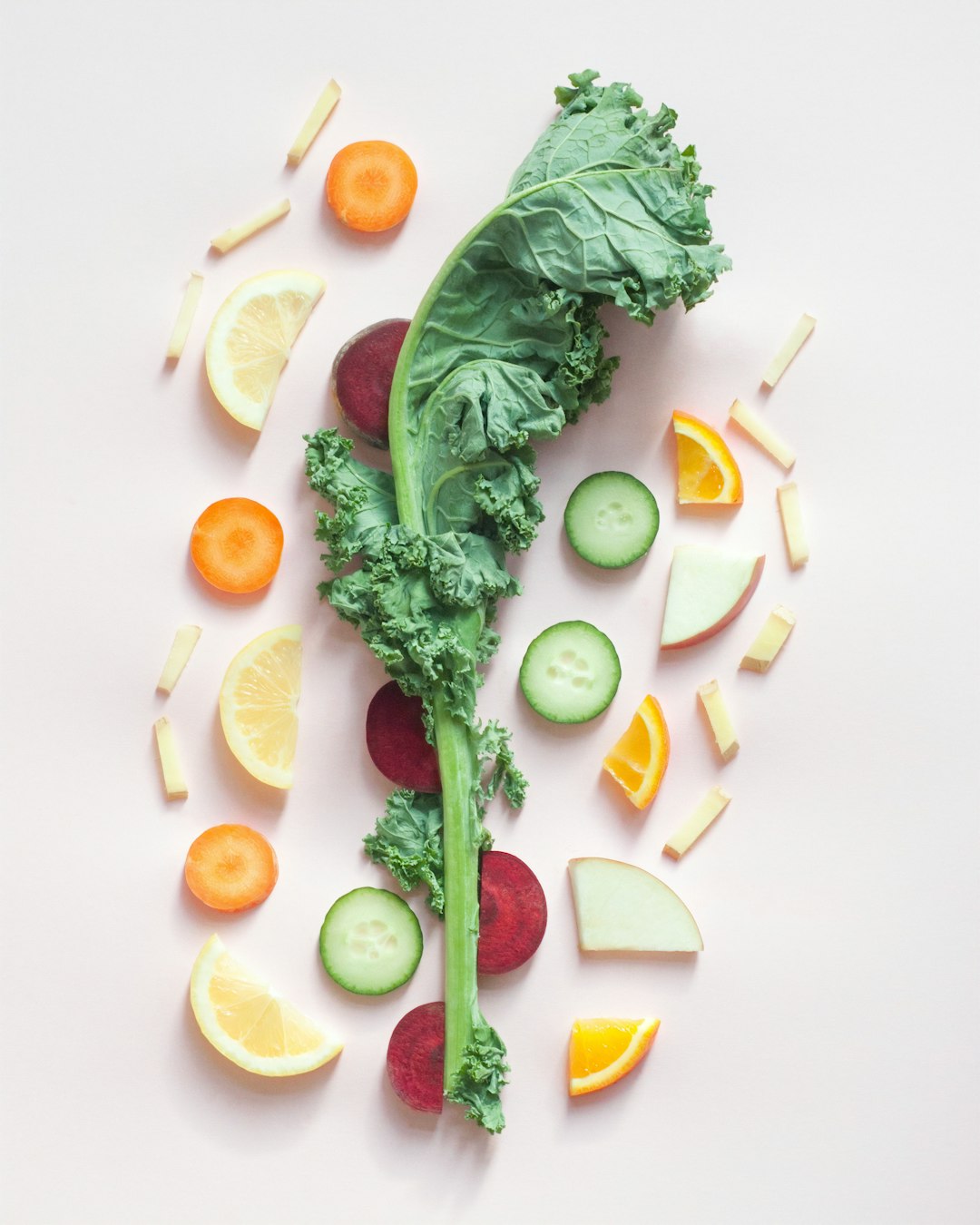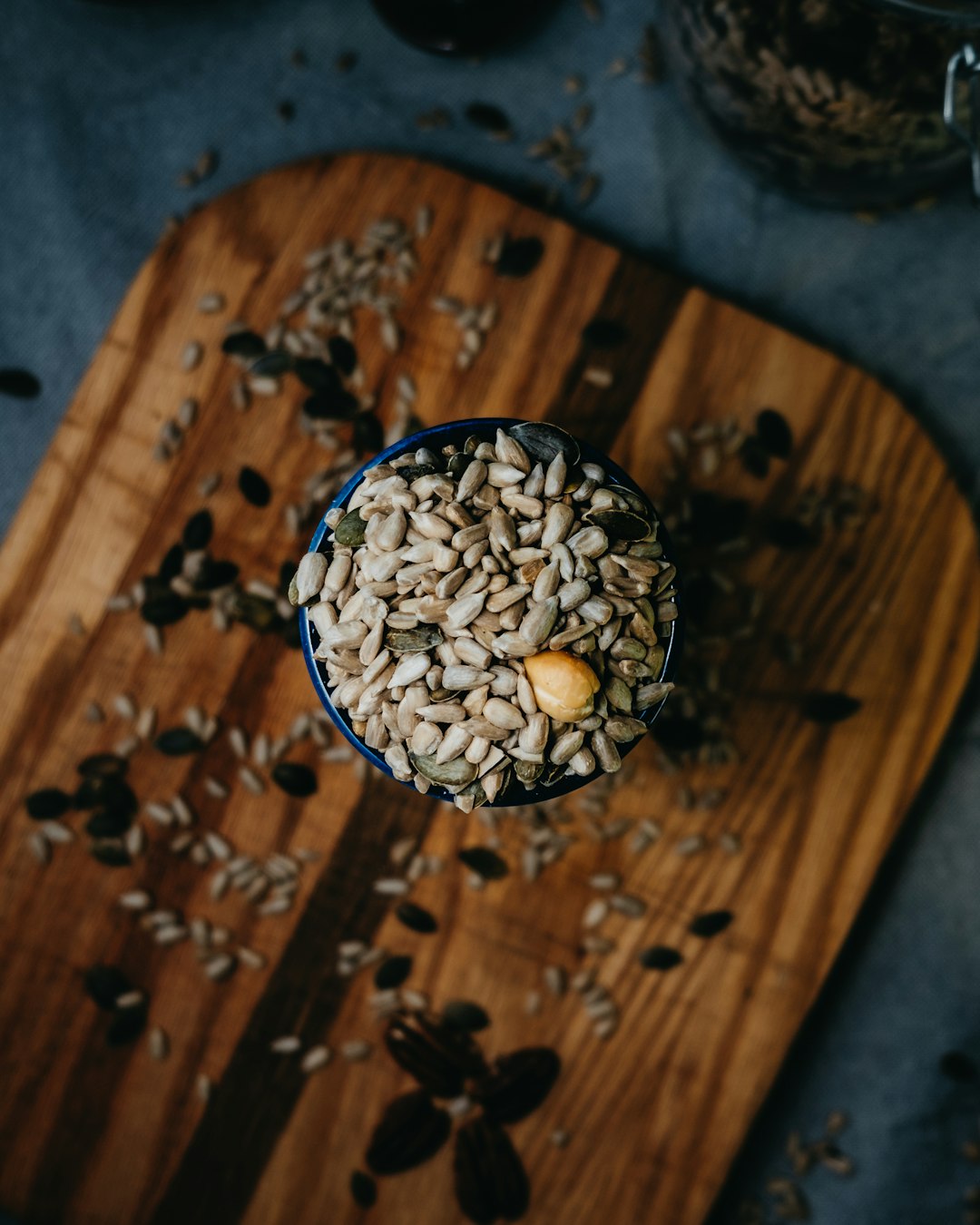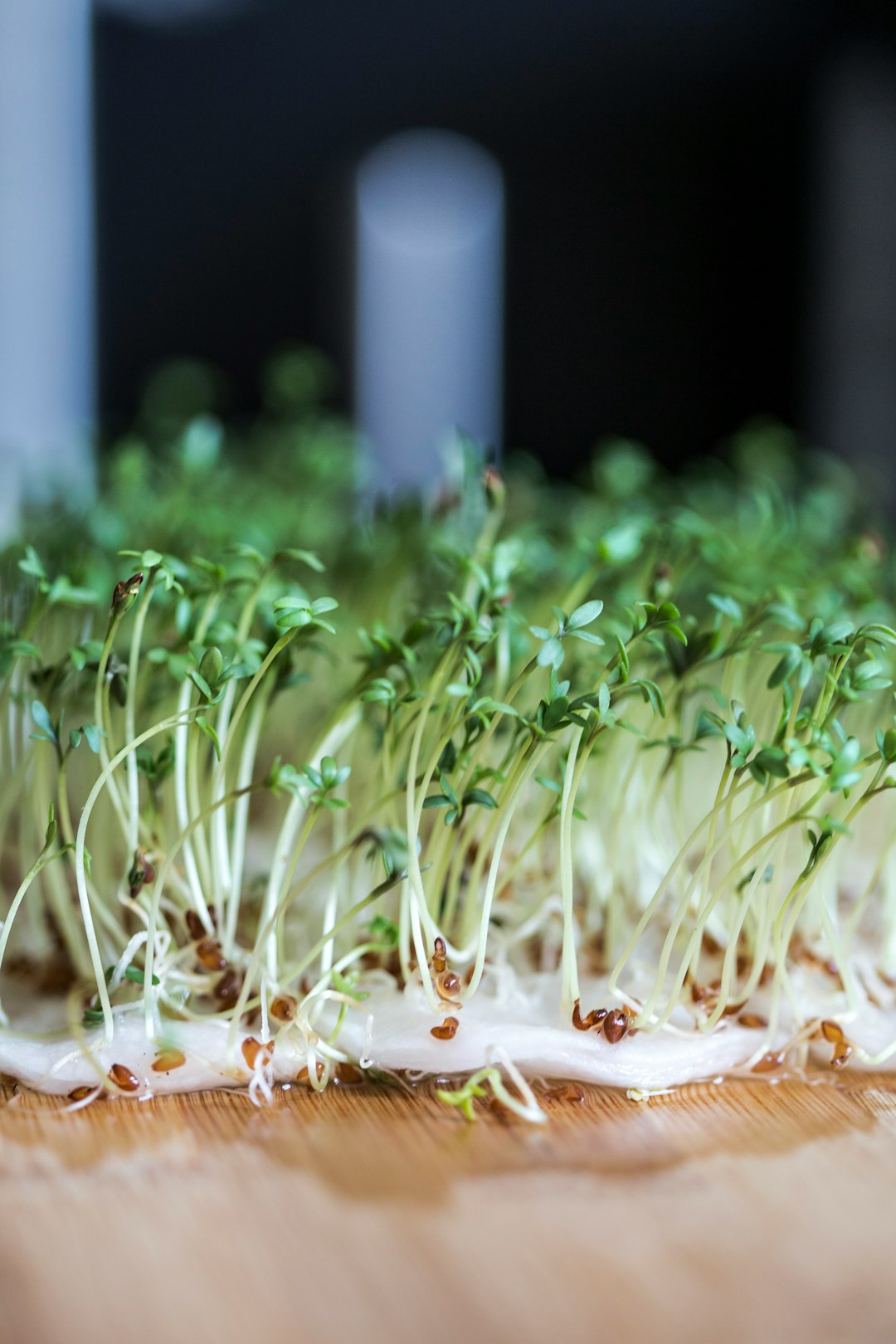- Certified Organic by A Bee Organic
- Certified Kosher by Union of Orthodox Jewish Congregations of America
- Suitable for Vegetarians
- Suitable for Vegans
- Non-GMO
About the product:
SOURCE OF OMEGA: Organic White Chia Seeds contains a significant amount of Omega-3 and unsaturated Omega-6 and Omega-9 acids: about 65% of fatty acids of Chia seeds are Omega-3 acids, about 20% - Omega-6, and about 10% - Omega-9.
ORGANIC: Food to Live Organic White Chia Seeds are 100% free of any contaminants.
GREAT FOR VEGANS: Organic White Chia seeds are rich in fatty acids, minerals, vitamins, antioxidants.
EXCELLENT CULINAR INGREDIENT: You can add Chia Seeds to desserts, pastries, smoothies, salads, and many other recipes.
RICH IN FIBER: Organic White Chia Seeds contain 10 grams of fiber per 28 grams.
Product Description:
Chia seeds were food for the Aztecs, Mayans, and Incas, who had unique knowledge in those times. White chia seeds grow in Mexico and South America.
These seeds are GMO-free and are not exposed to radio emission and chemical treatment. Seeds of white chia are hypoallergenic.
There are several varieties of chia. The most popular is the brown chia. There is also gray and black chia, but white is a more rare type. However, among all species, white chia is the most sought-after and most valuable component. White chia seeds contain the most nutrients and trace elements in comparison with other sage varieties.
These seeds are very low in Cholesterol and Sodium. They are also rich in Calcium, Phosphorus, Dietary Fiber and Manganese. In addition, chia seeds contain zinc, phosphorus, vitamin A, E and C, thiamine, niacin, riboflavin.
There are polyunsaturated fatty acids In the seeds, for example, omega-3. A surprising fact, but in 100 g of salmon there is two times less omega-3 than in the same amount of chia seeds. These Seeds are a source of antioxidants.
You can use organic white chia seeds in their natural, raw form, mixing them, for example, with cereal, yogurt, or adding to salads. You can also grind the seeds into powder and use as flour in cooking. By the way, you can add chia to pastries, pancakes, casseroles and many other dishes you want.
The classical chia seeds proportion is 1: 4, for one part of the seed there should be four parts of the liquid.
On average, it is recommended to consume no more than 3-4 tablespoons of chia per day. It is most useful to divide this amount evenly over several meals, for example, one tablespoon for breakfast, lunch, and dinner.
This product is processed in a facility that also processes tree nuts and wheat.













